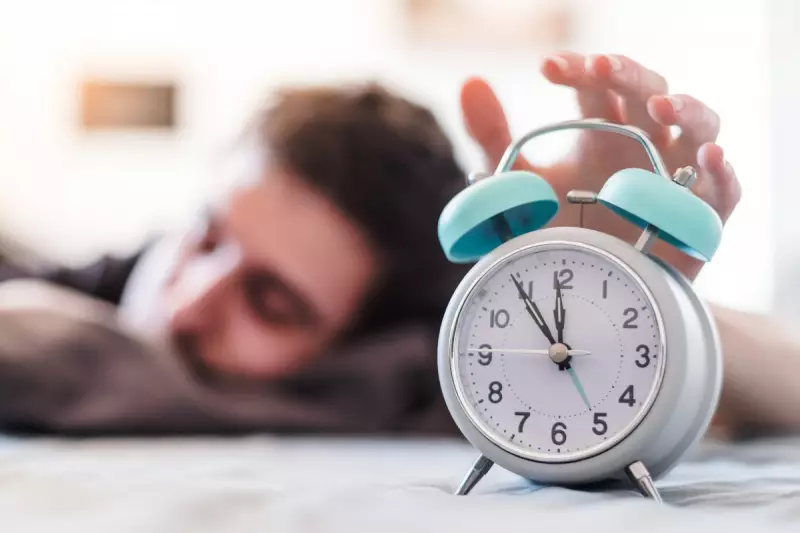
This weekend, millions of Britons will gain an extra hour of sleep as clocks fall back, marking the end of daylight saving time. But sleep scientists warn this seasonal shift comes at a significant cost to our health and wellbeing.
The Body's Internal Battle
While the time change might seem like a minor inconvenience, research shows it disrupts our circadian rhythm – the internal clock that regulates sleep, metabolism, and hormone production. "Our bodies are finely tuned to natural light-dark cycles," explains Dr. Jane Simmons, a sleep specialist at London Sleep Institute. "When we artificially manipulate time, we're fighting against millions of years of evolution."
More Than Just Feeling Tired
The consequences extend far beyond Monday morning grogginess. Studies have linked the daylight saving transition to:
- Increased heart attack risk in the days following the change
- More workplace accidents due to impaired concentration
- Heightened depression rates as daylight hours shrink
- Disrupted sleep patterns that can persist for weeks
Is This the Last Time Change?
The European Parliament voted to abolish seasonal time changes in 2019, but Brexit and the pandemic have delayed implementation in the UK. Meanwhile, growing scientific evidence continues to build the case against this century-old practice.
"The question isn't if we'll stop changing clocks, but when," says Dr. Simmons. "Our health depends on it."





